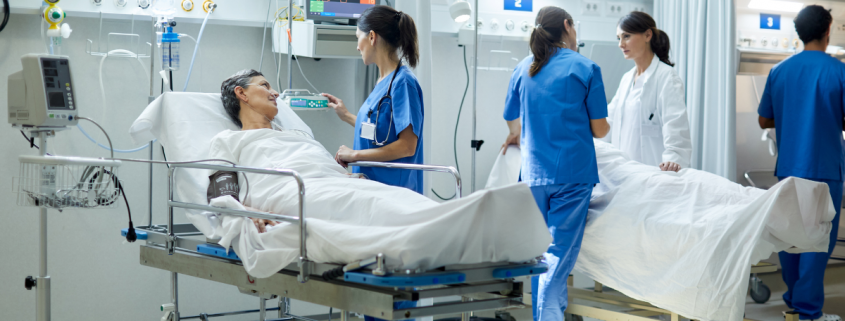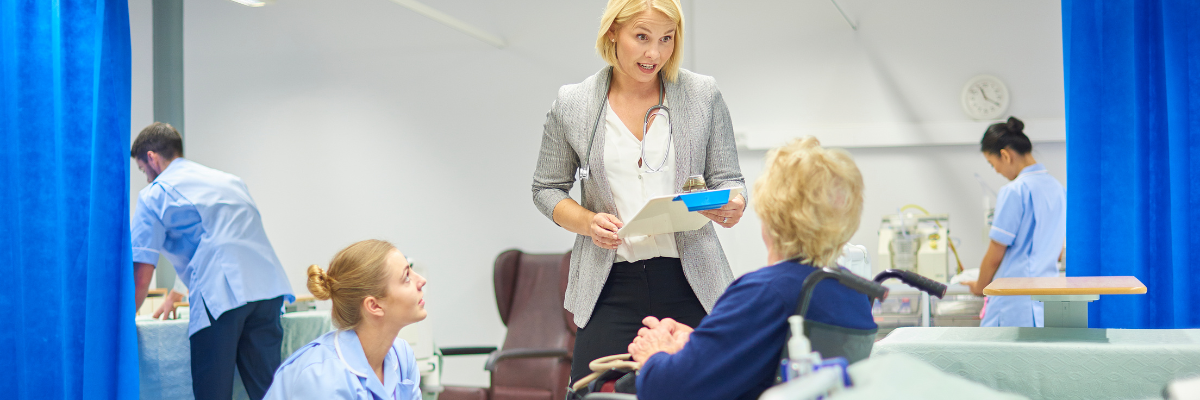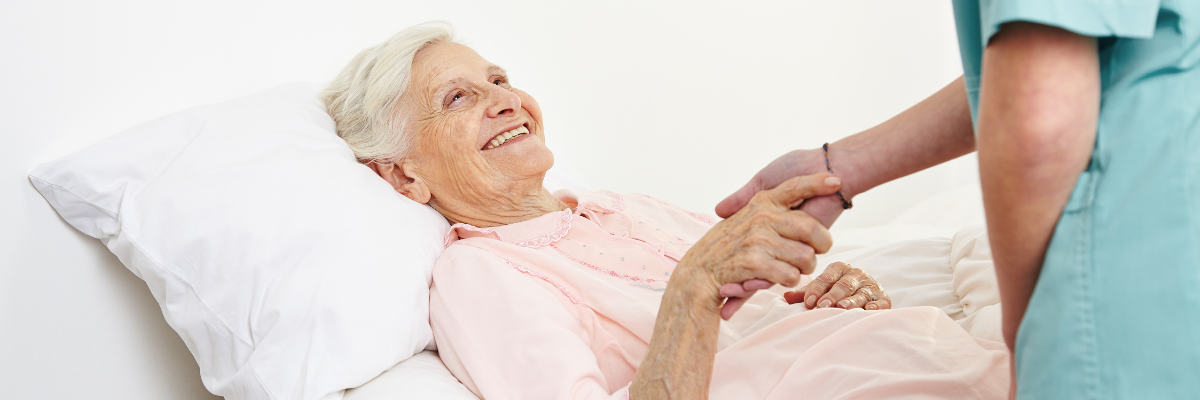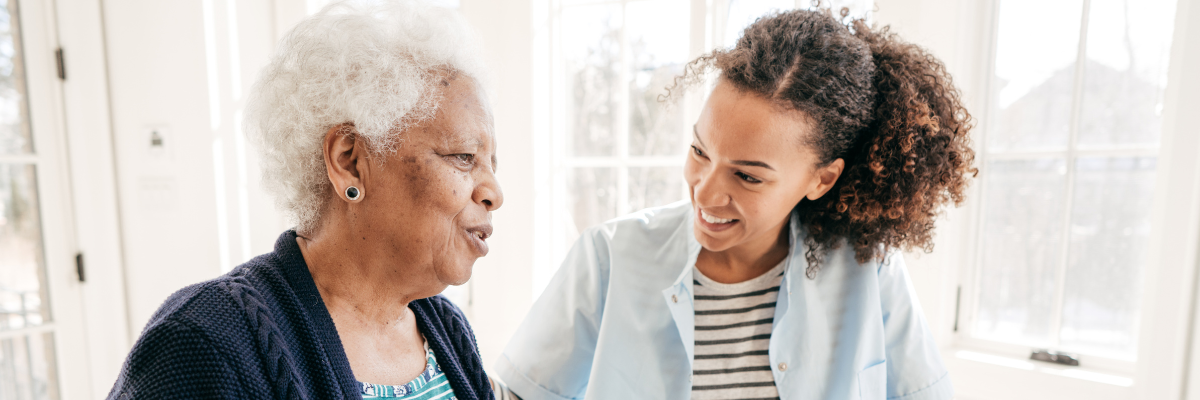Post-operative Care at Home: How to Recover With a Live-in Carer?
The success of surgical treatment is determined not only by the properly performed surgical procedure but also by the patient’s adequate preparation for the surgery and proper post-operative care at home. Adequate after-surgery care not only increases the chances of complete recovery but also improves the quality of life of older people.
That is why today we have decided to tackle this topic to increase the chances of receiving adequate post-operative care from your or your loved ones’ live-in home care. What is post-operative care? What can a live-in home care carer help the patient with? How do you prepare your home for a senior returning from a hospital? We will discuss all this in just a moment.
What is post-operative care?
Post-operative care is the care you receive after a surgical procedure. There are several types of postoperative care, with the type and choice of care depending on the type of surgery, physical condition, accompanying illnesses and also the senior’s health history. Post-operative care begins immediately after surgery and most often includes pain and wound care and psychological support for the patient. It lasts for the duration of the hospital stay and continues after the patient is discharged; however, the exact time depends on the type of surgery and condition. As part of the aftercare preparation, the doctor should inform the patient about the potential side effects and complications of the surgery and the requirements for live-in home care.
Why is it important for seniors to have someone to provide after-surgery care?
The post-operative recovery period is a very difficult experience even for young and fully fit people. For the elderly, on the other hand, it is a huge shock to the body, which loses its ability to regenerate with age. It is a time of increased risk of injury for the elderly, which often means that they are unable to carry out their daily activities or that doing so potentially puts their life and health at risk. Therefore, the provision of quality post-operational care for the elderly directly increases the chance of recovery and is also a safeguard for the senior’s life.
How can live-in home care professionals help with post-operative care?
A live-in home care professional is someone who provides comprehensive assistance and support to older people in the following areas:
Recovery nursing care
A professional live-in carer can provide support similar to that offered by home care nurses provided they have completed the courses in this area. Then the elderly carer’s duties may include recovery nursing care for recovery, assisting with wound care and dressings, and administering injections, insulin and other necessary medication.
Assistance with day-to-day tasks
Older people who have undergone surgery may find it difficult to move around and perform daily chores such as getting to the toilet or cooking dinner. Therefore, in addition to providing peri-medical assistance, a caregiver for the elderly will support the senior in daily chores, such as shopping or preparing meals. Live-in carers will also offer assistance with getting to the toilet, support with personal care and hygiene, as well as providing transport to medical appointments, which greatly enhances the senior’s comfort after surgery.
Mental support
Last but not least, the carer can also provide mental support for the senior citizen, be their companion and a helping hand post-operation. This aspect should not be overlooked, as studies show that mental support has a major impact on the speed of the recovery process.
What information should you provide post-operative care professional?
To provide the best quality post-operative care, the client and the patient’s family must provide the live-in home care professional with as much accurate information as possible about the client’s health and lifestyle so that the carer can provide appropriate support. The most important information of this type includes the required diet, any medications to be taken with exact times of intake and side effects, the level of physical activity the senior can endure and the expected recovery time. Ideally, they should talk to the attending physician and find out from him or her all that is needed to provide post-operative care concerning the relevant procedure and the elderly person’s state of health.
Is it worth hiring a live-in care professional for an elderly person after surgery?
Providing an older person with the support of a postoperative care professional after surgery is, therefore, a way of ensuring the safety and comfort of the senior’s life, as well as minimising the risk of postoperative complications. It makes the recovery process quick and not as unpleasant as it could be without care. The companionship ensures that the elderly person does not feel isolated from society and that their comfort in life does not decrease due to the side effects of the operation. That is why the provision of post-operative care is so highly recommended for older people.















